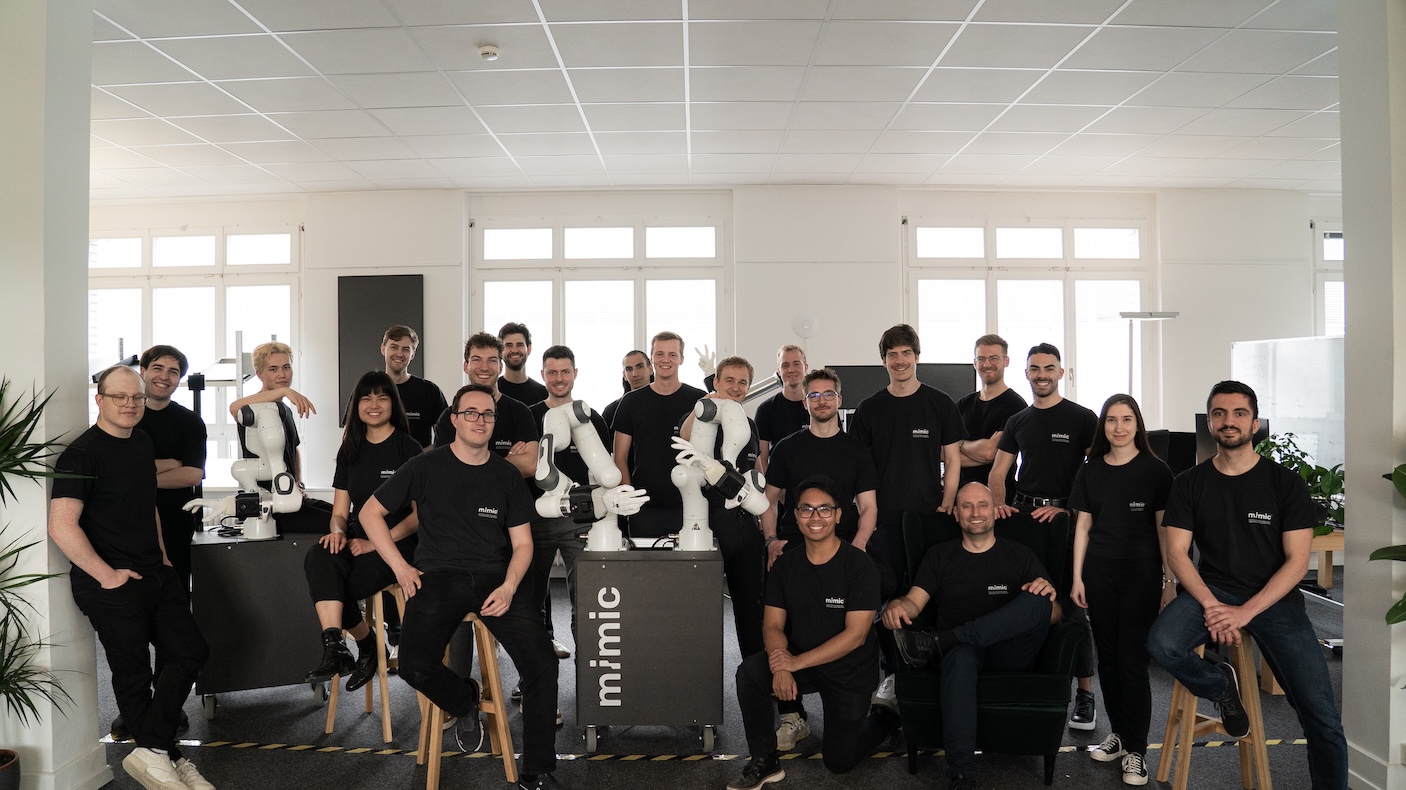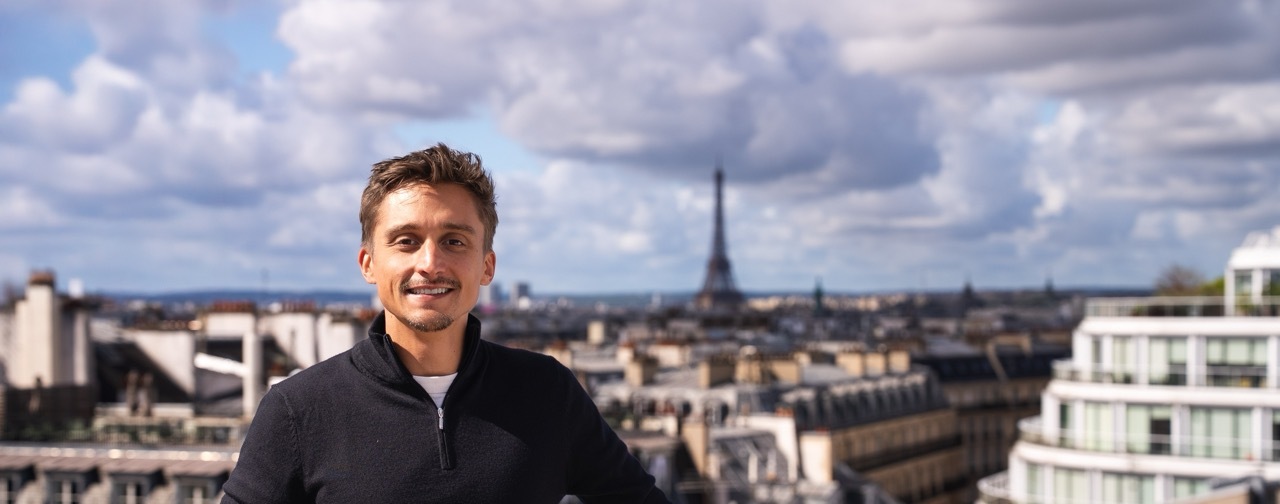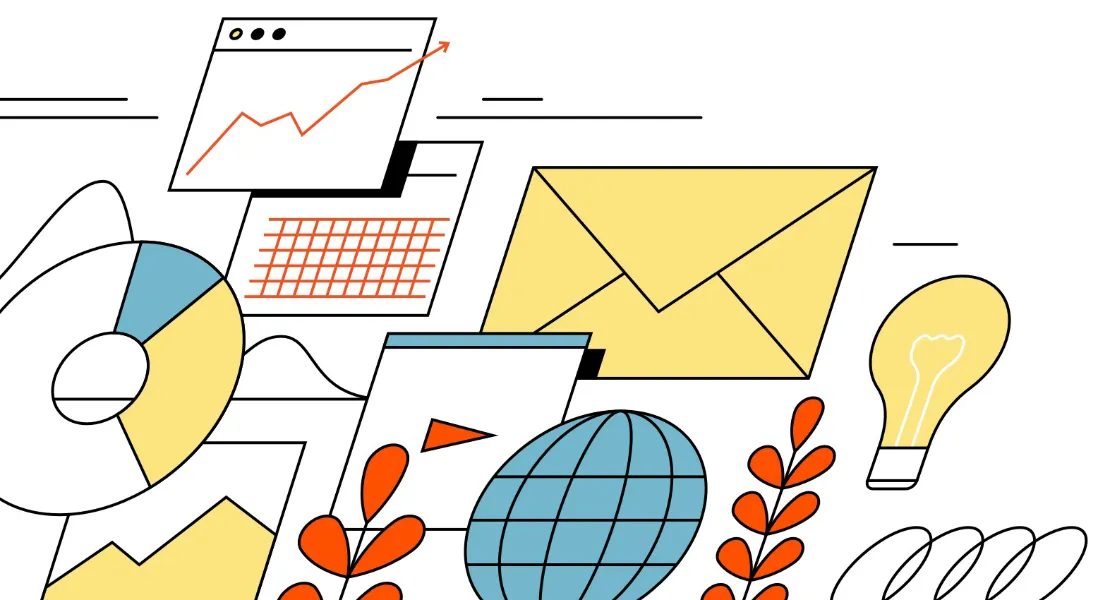Turning WastED Opportunities Into Waste Opportunities
The waste industry is full of opportunities - but lacking innovation
While studying in Switzerland, I was first confronted with the problem of waste management on a consumer level. Switzerland started to introduce a polluter tax as early as 1975 that raised the cost of a medium roll of garbage bags to over €30. By incentivizing waste reduction and recycling, this innovation has helped the country to reduce household waste by 30%. While this is a fantastic result, such creative thinking for waste has remained few and far between.
This lack of innovation is reflected in the startup community. Earlier this year, Speedinvest did some research to map out Climate Tech startups in Europe together with Creandum. From the >1,100 startups on our list, less than 100 (8.6%) directly targeted the waste or recycling sector. The raised capital amounted to only 2.7% of total Climate Tech funding. This would seem to signal that there is little interest from founders to create new businesses in the waste industry and even less appetite from investors to fund them. We have a different view on the waste industry.
Solving the global waste problem through technology
Speedinvest already made our first investment in the waste and recycling space in 2020 with Greyparrot. As my colleague Leo outlined in his article about Greyparrot, the world produces approximately 2.01 billion tons of municipal solid waste annually. Furthermore, this amount is expected to grow by 70% to 3.4 billion tons by 2050. This is almost enough waste to cover the entire United Kingdom ankle-deep in garbage!
Considering these numbers, it becomes quite clear that, to effectively tackle the global waste problem, we must address both angles: reduce waste production and increase recycling rates. Enter our two newest additions to the Speedinvest portfolio: one • fıve (read: “one point five”) and Resourcify!
Reducing waste production - one • fıve
One of the major drivers of waste is the packaging industry. The average EU citizen produced 174kg of packaging waste in 2018. Almost one fifth of this waste is plastic, and, less then half of this plastic packaging waste is recycled. The lack of sustainable packaging leads to six million tons of non-recyclable plastic waste annually from the packaging industry alone. This is one truckload of plastic dumped into EU landfills every minute!
Many of the existing sustainable alternatives are biotech/advanced material solutions: bio-polymers from algae and other biomaterials, fluorine coating, ceramic coatings and many more. While it is possible to create functioning solutions at lab scale, they are usually too expensive to deploy at full market scale. Additionally, due to competitive pressure, FMCGs and other packaging-intensive industries often have little room to increase expenditure on sustainable packaging.
Bringing advanced material science to scale
one • fıve tackles this problem of scalability by transforming existing academic lab-scale material science inventions into market-ready solutions that are economically viable and meet the rising demand of conscious consumers. They systematically discover promising - but not yet mature - research results from renowned universities and research institutes.
Once the IP is secured, researchers at one • fıve bring it to their own 5,000 m² R&D campus near Hamburg, Germany. The facility includes algae cultivation, processing, fermentation capacity, a laboratory, a prototype workshop and testing facilities, giving them the necessary infrastructure to further develop these technologies from a previously proof of concept into a market-ready proof of scalability.
The team around Martin Weber and Claire Gusko know how to build an impact-driven venture in an unconventional setting, having both been amongst the first employees at Infarm. They are embarking on this new project with the vision to equip brand owners with the solutions to make their product lines truly circular and thus, being one of the main contributors to reach the 1.5˚C set out in the Paris Climate Agreement.
Increasing recycling rates - Resourcify
While one • fıve aims to make packaging more sustainable, Resourcify enables companies to have a better understanding of their waste streams. Through the digitization of daily waste operations, Resourcify enables businesses to manage, track and improve their recycling while cutting down on administrative overhead. This translates into a savings of up to 30% compared to conventional waste disposal.
The complexity of a company's waste disposal can be immense. In the EU there is a highly complex waste taxonomy, legally identifying >800 different types of waste and how they have to be treated. Companies can have diverse waste streams, for example chemical, toxic, and construction waste spread over several different locations to manage. Due to this complexity most players have very little insight about their waste, instead relying on costly and inefficient outsourcing solutions.
Turning waste streams into potential revenue streams
Resourcify solves this by providing a transparent overview and documentation of all their disposal and recycling efforts and tenders for different types of waste/locations. On top of the reduced costs for the removal, customers are now in control of their waste streams. Instead of having to pay a waste resource manager, customers of Resourcify have shown that they can sell off their waste as a raw material.

Having only launched their product in early 2019, Resourcify managed €25m in waste in 2020 throughout >4300 different locations. Their customers already include Fraport, Hornbach, Syntegon Technology (formerly Bosch Packaging Technology), and Havi Logistics with many more exciting companies in the pipeline. Due to new EU recycling targets and consumer pressure, companies have no choice but to act. The whole waste market is very fragmented, regionalized and analog. Yet it is still a >€500bn industry. So Resourcify’s goal is to become the digital B2B waste manager of Europe!
Making an impact
The global waste issue is not going to resolve itself. On the contrary, it will always remain a byproduct of our current way of living. However, what we can change is the way we tackle it and tap into the vast opportunities the industry offers. Our belief is that by enabling new business models that are more sustainable, both economically and ecologically, we can fundamentally change the global waste problem.
We at Speedinvest Industrial Tech are immensely proud and excited to back these two highly ambitious teams on their mission to transform the way we deal with waste!
Learn more about the Speedinvest Industrial Tech team and sign up for our newsletters to get our exclusive content delivered straight to your inbox.













.svg)
